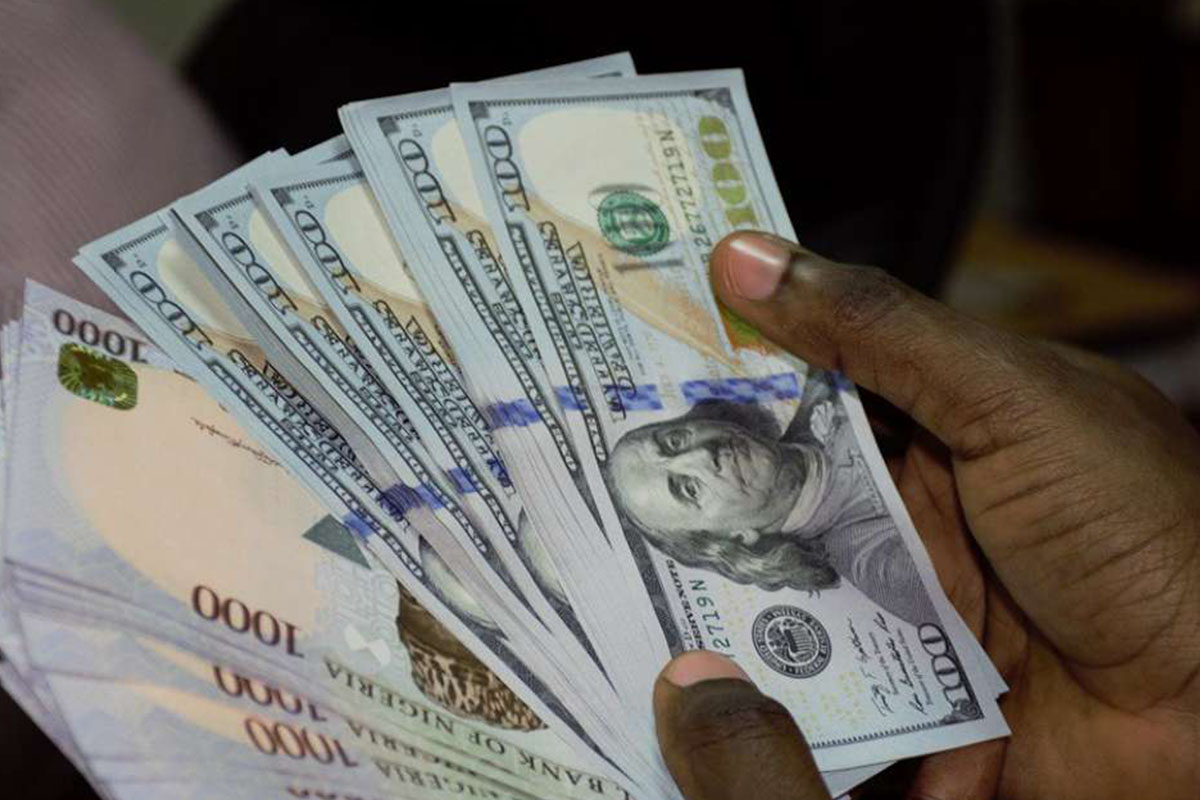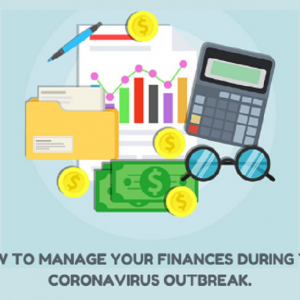Thinking of how to Save your money after a payday in Nigeria? Do you think it is really possible to achieve financial goals after a payday in Nigeria?
Saving after a payday in Nigeria is actually possible even if seems impossible for many people. The payday is always a great day for every salary earner, because your account is full, and you have money to restock your shelves and buy everything you wanted to buy since the beginning of the month. The funny thing is that many persons find themselves confused and worried after a payday. If you find yourself worrying the week after a payday on how you are going to transport yourself to work, then You may not be able to save, rather you may just see yourself moving back and forth without any tangible achievement.
Many people see saving after a payday in Nigeria as a magic or something that is almost impossible. The truth is that saving does not require any magic, it involves an understanding of tips and strategies that make it easier and possible for you to save.
Many people think that earning well translates to the financial responsibility to really account for expenditures.
The interesting thing is that saving after a payday largely depends on how much you are able to set aside and how disciplined you are towards sticking to your plan.
Draw Out Clear Goals
Drawing out clear goals is a good way to start planning your savings. The best time to start planning your savings is at the beginning of the month. It always important to plan what you intend to do with the money at the beginning of the month.
It is important for you to always ask yourself realistic questions. What I’m I saving for? How achievable is it? What are the timelines and targets for the savings? It is important to always be disciplined in whatever plan. Creating a goal gives you a foundation to work upon and a plan to look forward to. A good way to learn how to save is to draw out a clear goal.
Keep Track of Your Expenses
Often time’s salary earners spend all their money without even remembering how they actually spent it. Keeping track of your expenses is essential for your finance accountability. Tracking your expenditure helps you identify some financial issues you can easily fix, that can make a huge difference in your finance.
One thing that happens when people fail to really keep track of their expenses and spending is that they won’t be able to monitor and prioritize their spending.
One easy way to keep track of your expenses is to draw out a rating system. When you draw out a good rating system for your expenses, you would eventually be able to account for expenses. When rating your expenses, you should be true and realistic with your expectations to be able to save.
Create a Budget and Monitor it
When you are planning to save a percentage of your salary or earnings within a particular period of time, then you should have a budget. Your budget should include all of your expenditure over that stipulated period of time.
When planning your budget, it is important for you to also put it down in writing. Writing it out helps you keep track and also give you an opportunity to look through what you have written down over and over again. Having a budget will help you know how much your disposable income is within a particular time frame and how much you plan to save within the period.
When you create a budget it is also important to ensure that you monitor your budget. In a situation when you record expenses that are not part of the budget or you fail to record expenses that are actually included in the budget. To realistically achieve saving your money after your payday is to regularly review your budget from time to time.
Avoid impulsive buying
Impulse buying happens when a person buys goods or services without planning for them. In this kind of situation, buying decision is done on the spur of the moment. For some people impulse buying have become more like a habit for them. With the popularity of online shops, many persons find it easier to buy on impulse because of the convenience. Impulse buying can be a threat to your savings.
One of the best ways to avoid impulse buying is by really planning your expenses from the beginning of the month and sticking with it. Most times, it is not always easy to really avoid shopping on impulse especially when you have been used to it over time. To really avoid impulse buying, writing out all you need to buy for the month and shopping for them at once can actually help you avoid buying at impulse.
Embrace Delayed Gratification
Delayed gratification refers to a situation where a person resists or rejects an immediate reward in order to receive a better reward later. Delayed gratification is one of the most effective personal traits of successful people. Many people that delay gratification account for their finance better.
A person can embrace delayed gratification in many ways and in different situations. For example, if someone offers to sell a beautiful wrist watch to you, and you decide to wait for some time before taking a decision to buy the watch or not. Sometimes after taking time really think about a purchase decision, you would then find out that you longer want to buy them. Delayed gratification helps you set your purchase priorities right, because you may delay one good for a more important one.
Delayed gratification helps cut down expenses to a large extent which will increase your savings rate.
Extra
Categorize Your Expenses
When you categorize your expenses properly, you will actually be able to save better. The first thing to do is to categorize your expenses. It is important to note that expenses vary. While some expenses are fixed, others are variable. Your fixed expenses are your regular monthly expenses, while the variable expenses are flexible expenses. Categorizing your expenses will help you know how much you have spent over time in a more organized manner.
A Payday is the beginning of a new financial cycle, another opportunity to draw a line under the last month and start again. To really take advantage of the fresh start, it is always important for you to strategize and have a clear plan on what you wish to achieve and how you want to achieve them.
Thinking of how to save money after a payday? Then you need to ask yourself these questions:
- What am I saving for?
- How am I going go about the savings?
- How much can I save conveniently?
- How realistic are my goals?




